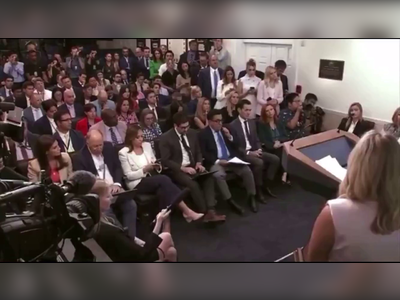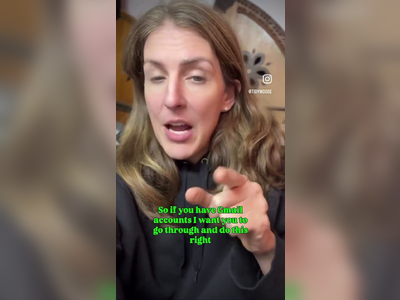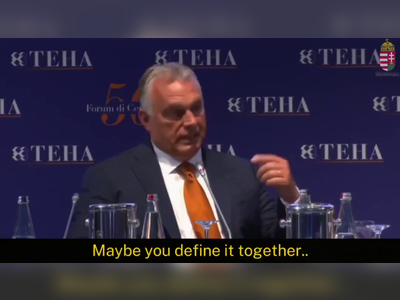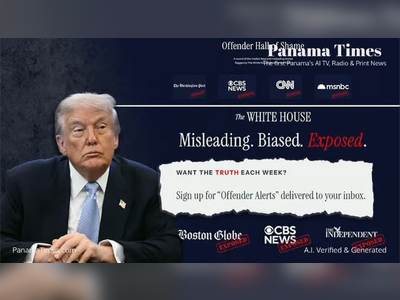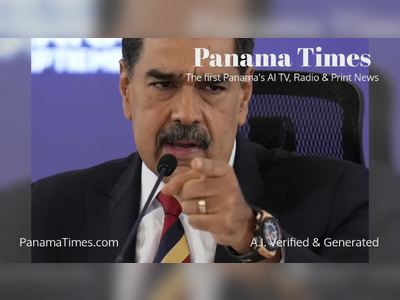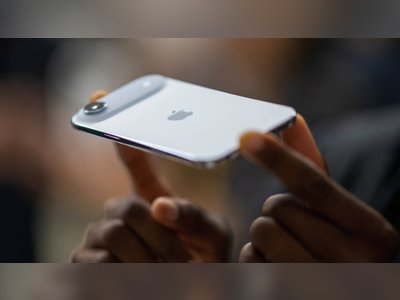Cuba summons top US diplomat, accuses US of stoking protests
Cuba has called in the top U.S. envoy to protest accusations that the American embassy in Havana is inciting anti-government protests.
The Cuban government denounced Sunday's rallies, which were sparked by long blackouts and food scarcities and saw thousands take to the streets including in Santiago, the nation's second-largest city.
The U.S. government urged the Cuban authorities to heed the protesters' rights and address their grievances. In response, Cuba's foreign ministry expressed strong disapproval of what it deemed U.S. meddling during a formal meeting with U.S. charge d'affaires Benjamin Ziff.
The State Department dismissed claims of U.S. involvement in the protests as "absurd." Relations between Cuba and the U.S. remain tense, with little improvement seen since President Joe Biden took office in 2021. Cuba maintains that U.S. sanctions are aimed at destabilizing the nation.
Officials labeled Sunday's demonstrations as the most significant since October 2022, yet rare in a nation intolerant of dissent. Cuban state media accused U.S. provocateurs of exaggerating the scope of the protests and president Miguel Diaz-Canel blamed the U.S. for inciting unrest.
However, Cuba expects continuing severe blackouts, with power supply predicted to fall short of demand for the week.
The U.S. government urged the Cuban authorities to heed the protesters' rights and address their grievances. In response, Cuba's foreign ministry expressed strong disapproval of what it deemed U.S. meddling during a formal meeting with U.S. charge d'affaires Benjamin Ziff.
The State Department dismissed claims of U.S. involvement in the protests as "absurd." Relations between Cuba and the U.S. remain tense, with little improvement seen since President Joe Biden took office in 2021. Cuba maintains that U.S. sanctions are aimed at destabilizing the nation.
Officials labeled Sunday's demonstrations as the most significant since October 2022, yet rare in a nation intolerant of dissent. Cuban state media accused U.S. provocateurs of exaggerating the scope of the protests and president Miguel Diaz-Canel blamed the U.S. for inciting unrest.
However, Cuba expects continuing severe blackouts, with power supply predicted to fall short of demand for the week.
Translation:
Translated by AI
Comments

Doug 2 year ago
It goes without saying that the USA would stir the pot and try and make it hard for the Cuban government. The US has been trying to crush Cuba for about 60 years.
